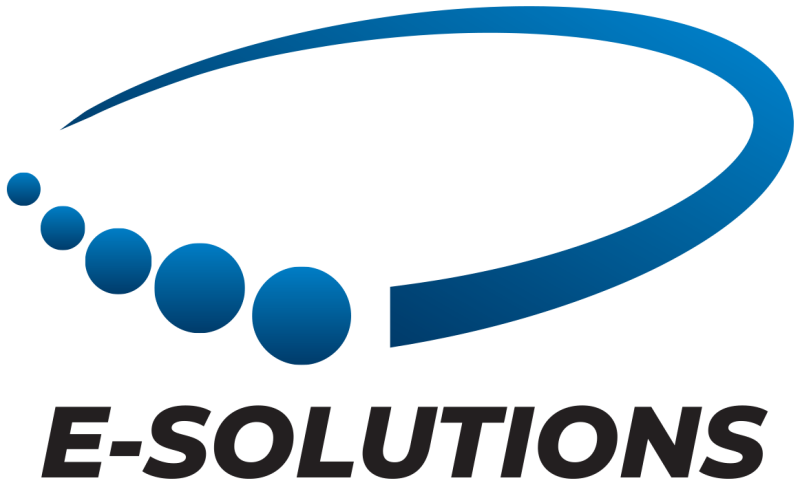The home healthcare industry is undergoing a significant transformation, driven by the power of analytics and insights (AI). With an increasing emphasis on personalized care, convenience, and cost-effectiveness, data-driven solutions are reshaping how healthcare is delivered to individuals in the comfort of their homes. From remote monitoring to predictive analytics, AI is empowering providers and caregivers to deliver high-quality care while enhancing patient outcomes.
Home healthcare generates a wealth of data from devices, electronic health records (EHRs), and patient interactions. Analytics tools leverage this data to provide actionable insights, enabling better decision-making, resource optimization, and tailored care plans.
One of the most impactful applications of AI in home healthcare is in remote patient monitoring. Wearable devices and IoT-enabled health tools continuously collect data on vital signs, activity levels, and sleep patterns. Analytics platforms process this data in real-time, identifying trends and anomalies that could signal health issues. For example, an AI-driven system might alert a caregiver if a patient’s heart rate or blood sugar levels deviate from normal ranges, enabling timely intervention.
Predictive analytics is another game-changer. By analysing historical health data and lifestyle patterns, AI models can predict the likelihood of hospital readmissions or disease progression. These insights help healthcare providers design proactive care plans, reducing medical emergencies and improving long-term outcomes.
In medication management, AI-powered analytics ensure adherence to treatment regimens. Smart pill dispensers and apps track medication intake, sending reminders to patients and alerts to caregivers. These systems also analyse data to suggest adjustments, minimizing the risk of adverse drug interactions or missed doses.
Personalization is a cornerstone of effective home healthcare, and AI excels in this domain. By examining patient preferences, conditions, and lifestyle factors, analytics tools help create customized care plans. For example, an AI-driven platform might recommend specific physical therapy exercises or dietary changes tailored to a patient’s unique needs, enhancing their recovery and quality of life.
AI also plays a vital role in optimizing operational efficiency. Analytics tools help home healthcare providers manage schedules, allocate resources, and streamline workflows. By analysing patient data and caregiver availability, AI systems ensure that the right care is delivered at the right time, improving both patient satisfaction and cost-effectiveness.
Despite its transformative potential, implementing AI-driven analytics in home healthcare comes with challenges. Ensuring data security and privacy in compliance with regulations like HIPAA is critical. Additionally, integrating AI tools with existing healthcare systems and addressing the digital literacy gap among some patients and caregivers require careful planning.
The role of analytics and insights (AI) in home healthcare is indispensable. It empowers providers to deliver personalized, proactive, and efficient care while addressing the unique challenges of in-home settings. As AI technologies continue to evolve, their integration into home healthcare will redefine how care is delivered, ensuring better health outcomes and improved quality of life for patients across the globe.
Nothing Found


